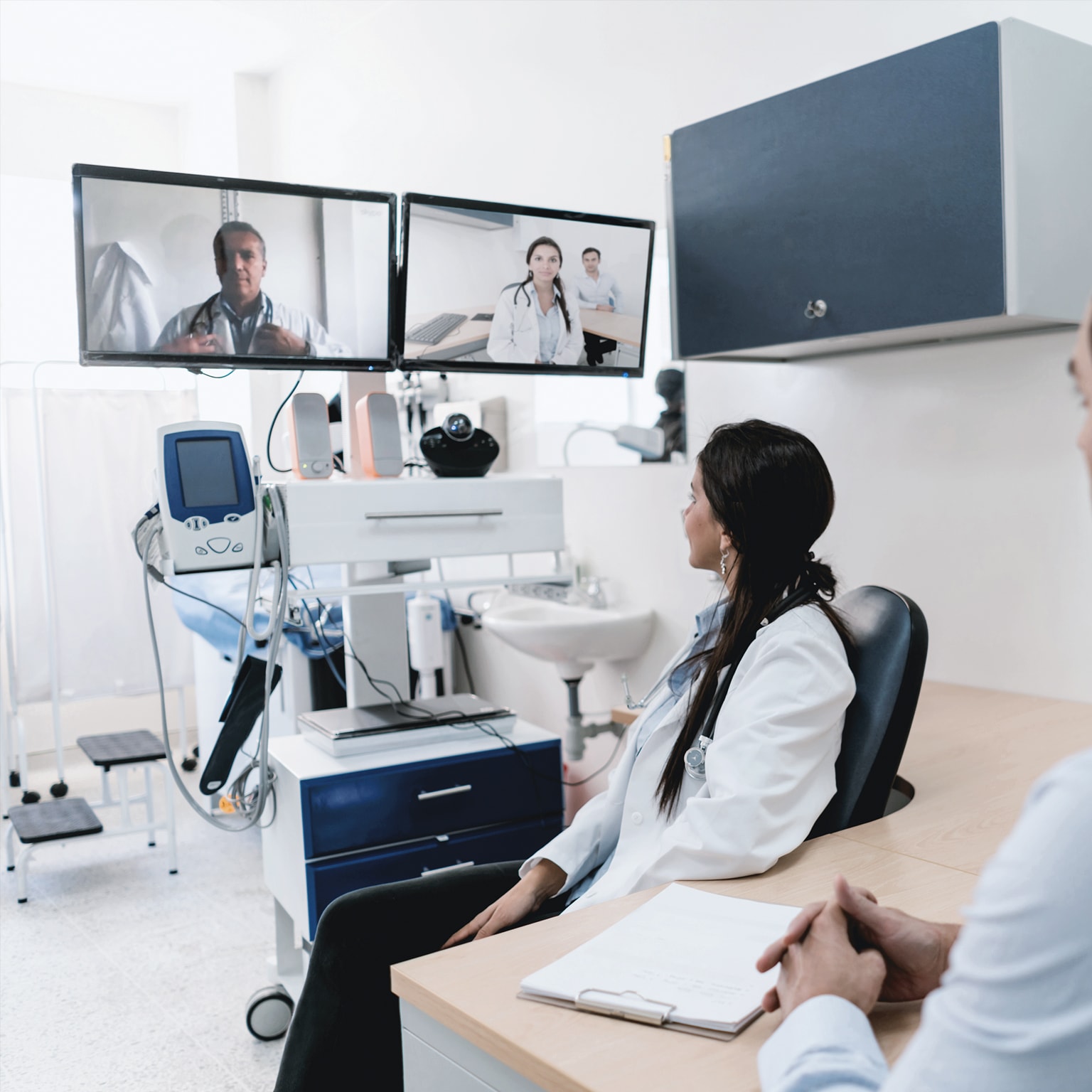Post-operative care is essential in orthopedics. It ensures that patients recover without complications. Monitoring progress helps detect problems early. A telephone triage nurse remote plays a vital role in this process. They provide guidance and respond to patient concerns. Alongside them, medical virtual assistants support the recovery process by handling administrative and communication tasks.
[caption id="" align="aligncenter" width="2159"] Virtual Assistants[/caption]
Virtual Assistants[/caption]
The Value of Post-Operative Monitoring
Post-operative monitoring is vital for orthopedic patients. Recovery involves managing pain and mobility. It also includes addressing issues like wound care. Without proper monitoring, complications like infections or limited movement can arise. A telephone triage nurse remote helps prevent such problems. They respond to patient concerns and offer timely advice. This reduces delays in care and ensures better recovery.
Regular monitoring ensures patients follow their care plans. When patients adhere to instructions, their recovery improves. Frequent check-ins provide reassurance and build patient confidence.
How Medical Virtual Assistants Help Orthopedic Care
Medical virtual assistants manage various tasks for orthopedic practices. They assist with scheduling appointments and updating medical records. They also follow up with patients to ensure they attend therapy sessions. These assistants work remotely to support both administrative and clinical needs.
For post-surgery patients, they coordinate follow-up care. This includes arranging physical therapy and tracking progress. They also remind patients about medication schedules. These assistants allow healthcare providers to spend more time with patients.
Enhancing Communication with Virtual Healthcare Assistants
Patients often need reminders and clear instructions after surgery. A virtual healthcare assistant bridges the gap in communication. These assistants help patients by:
- Sending reminders for appointments or exercises.
- Answering questions about wound care and recovery.
- Providing educational materials about their treatment plans.
For example, a patient recovering from knee replacement surgery may forget their physical therapy session. A health virtual assistant sends a reminder and ensures the session is completed.
The Role of Triage Nurses in Remote Monitoring
Remote monitoring has become a standard practice in orthopedic care. A telephone triage nurse remote reviews symptoms and decides the next steps. This approach provides timely support to patients. It reduces the need for unnecessary clinic visits.
For instance, a patient experiencing pain after surgery may call a triage nurse. The nurse assesses the situation over the phone. They determine if the pain is normal or if the patient needs to visit a doctor. This immediate support helps patients recover more confidently.
Cost Benefits of Virtual Assistants
Orthopedic practices save costs by using virtual assistant medical practice services. Virtual assistants reduce the need for in-house staff. Practices save on salaries and office resources. Reports suggest that virtual assistants can lower administrative expenses by 40%. This is especially beneficial for practices with large patient volumes.
These savings allow practices to allocate more resources to patient care. Providers can invest in better equipment or advanced recovery programs. Virtual assistants also improve workflow efficiency by handling time-consuming tasks.
Technology Supporting Post-Surgery Recovery
Technology plays a key role in modern orthopedic care. Devices like wearable sensors track patient recovery. These devices measure mobility, activity levels, and other vital data. A telephone triage nurse remote analyzes this information. They provide advice based on the data received.
For example, a wearable device may detect limited movement in a patient after surgery. The triage nurse reviews the data. They recommend exercises or adjustments to the care plan. This prevents complications and promotes faster recovery.
Data-Driven Decisions
Orthopedic practices rely on data to make informed decisions. A virtual healthcare assistant collects and organizes patient data. This data is shared with providers for analysis. It helps track progress and identify issues early.
For instance, if a patient shows slower-than-expected recovery, the provider adjusts their therapy plan. A health virtual assistant ensures the updated plan is communicated to the patient. This keeps recovery on track and minimizes risks.
Lowering Readmission Rates
One goal of post-operative care is to reduce readmissions. Virtual assistants help by keeping patients engaged with their care plans. A health virtual assistant reminds patients to follow instructions and attend appointments. This proactive approach prevents complications.
A study published in The Journal of Orthopedic Surgery and Research found that virtual assistants lowered readmission rates by 25%. Patients felt more supported during recovery. This reduced the chances of them needing additional hospital visits.
Patient Trust and Confidence
Recovering from surgery can be stressful for patients. Virtual assistants help patients feel supported. A Triage Remote Services answers questions and provides reassurance. Patients feel more confident when they receive consistent updates.
For example, a patient recovering from spinal surgery may worry about pain levels. A virtual assistant answers their questions and provides guidance. This improves the patient’s experience and encourages them to stay committed to their recovery plan.
[caption id="" align="aligncenter" width="1536"] Virtual Medical Assistant[/caption]
Virtual Medical Assistant[/caption]
Challenges in Using Virtual Assistants
There are challenges in adopting virtual assistants for orthopedic care. These include:
- Training staff to work with virtual assistants.
- Integrating virtual assistants with existing technology systems.
- Educating patients about the role of virtual assistants in their recovery.
Overcoming these challenges requires planning and communication. Practices must ensure that virtual assistants fit seamlessly into their workflows. Patients should also be made aware of the benefits these assistants bring to their care.
Real-Life Results from Virtual Assistants
An orthopedic practice in New York implemented virtual assistant medical practice services. The practice experienced notable improvements within six months:
- Patient satisfaction scores increased by 30%.
- Missed follow-ups reduced by 25%.
- Providers had more time for consultations and less time spent on administrative work.
These results show the practical benefits of using virtual assistants in orthopedic care.
Future Trends in Post-Operative Monitoring
The role of virtual assistants and triage nurses will continue to evolve. Future developments may include:
- AI tools that provide personalized recovery plans.
- Enhanced wearable devices for more accurate data collection.
- Greater integration of virtual assistants with patient records.
These advancements will further improve recovery outcomes for orthopedic patients. Practices will find more opportunities to optimize care.
Conclusion
Post-operative care is an essential part of orthopedic recovery. A telephone triage nurse remote ensures patients receive timely guidance. At the same time, medical virtual assistants handle important tasks like scheduling and follow-ups. This combination improves patient care and reduces the workload for providers.
Technology, including remote monitoring tools, is making recovery more efficient. Patients benefit from better communication and faster responses to their concerns. As the healthcare field continues to adopt virtual assistants, the future of orthopedic care looks promising. These tools are becoming essential for better recovery outcomes and improved patient satisfaction.
Comments on “Virtual Assistants in Post-Op Patient Monitoring”